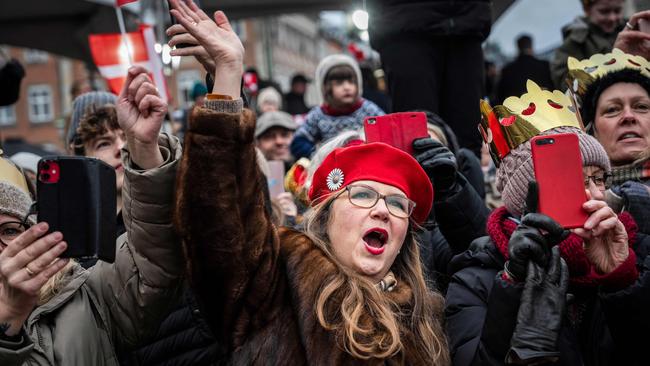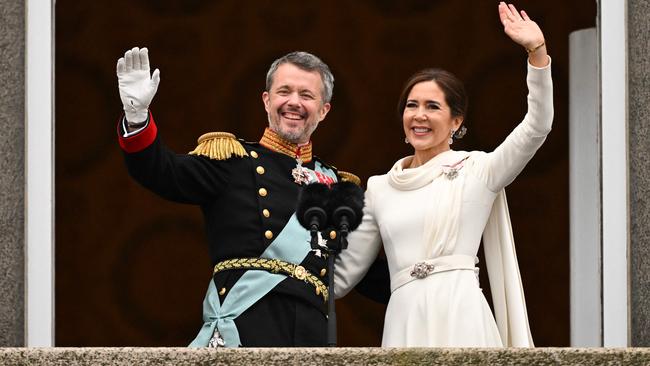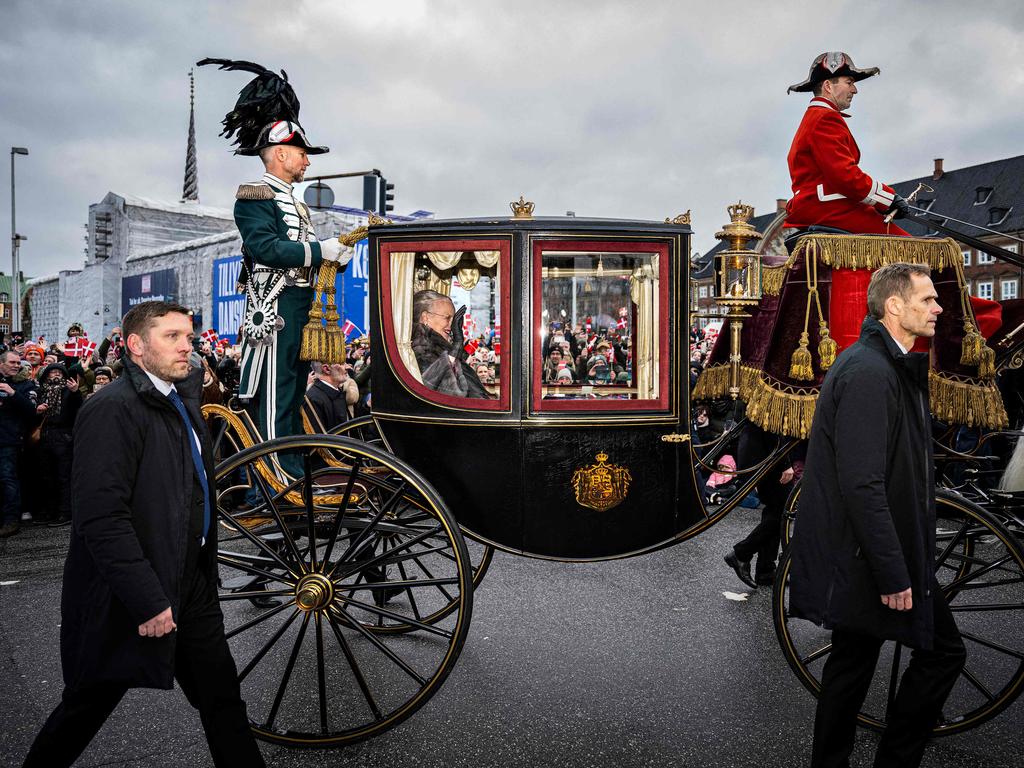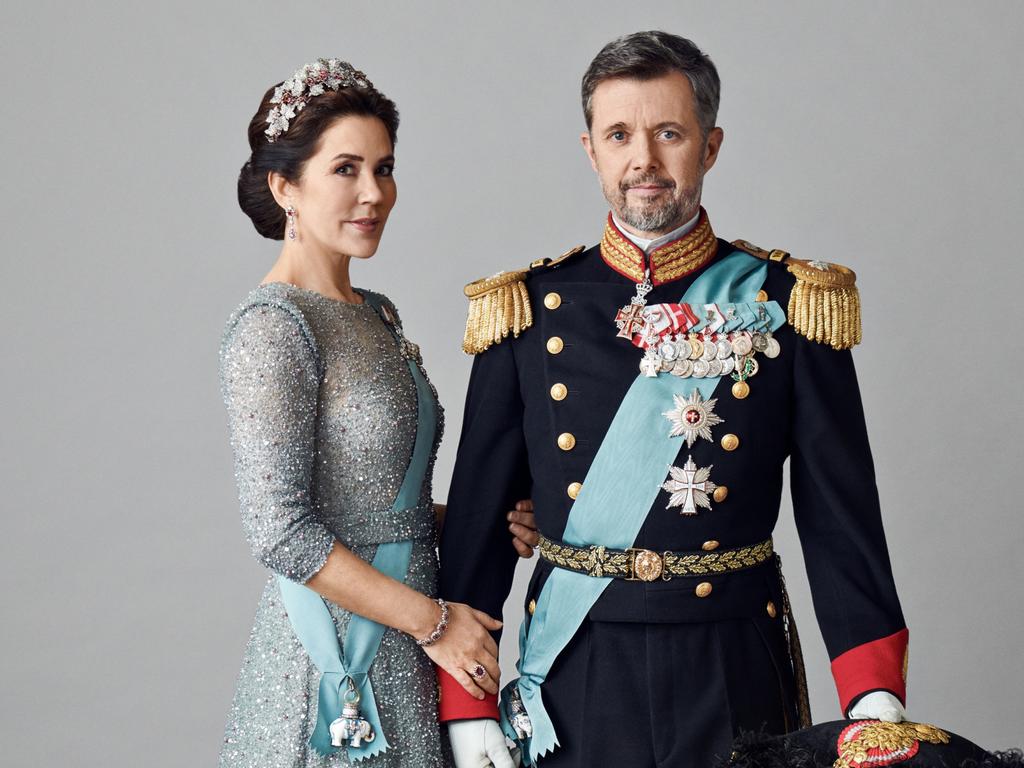Universally proud Danes just do it better
The Danes seem to be prepared to pay any price, to bear any burden, to keep living standards high and their beloved peninsula nation separate from Europe.

Australians are used to comparisons of their lifestyle and standard of living with other nations like New Zealand, Canada, the UK and US. But now that “our Mary” has acceded to the Danish throne, there’s another country to add to the comparison mix.
Australia-Denmark relations is a subject close to my heart because my son lives and works in Copenhagen, having met and married a gorgeous Danish girl not quite a decade ago. That union has been blessed with a baby, a grandson, who is now part of Mary’s realm.
The (urban) lifestyle in both countries seems remarkably similar in terms of dress and manners, including a flourishing cafe society. There are important differences, however.
Access to housing seems to me to be cheaper in inner-city Copenhagen compared to central Melbourne, let alone Sydney. Perhaps a relevant factor is that it is not possible for a foreign resident to buy residential property without proof of the need to live and work in Denmark.
All Danes born after the Second World War speak English as well as Danish. They have an evident Christian heritage. They are universally proud of their thousand-year-old country and flag, and they celebrate their Viking past via a series of exquisitely maintained museums.
Denmark, with a population of six million, has fewer residents than Victoria (with almost seven million people), and yet it maintains its own army, navy, air force, secret service and equivalent of our SAS. There is a spectacular Danish opera house as well as a national ballet company and various art galleries, including the avant-garde Louisiana Museum of Modern Art. The biggest business in Denmark, the pharmaceutical behemoth Novo Nordisk, has a market capitalisation double that of BHP.

Oh, and these six million Danes also support free access to university education, to health and hospital care, and to substantially subsidised childcare. And then there’s the monarchy with its requisite palaces (for example Copenhagen’s Amalienborg), pageantry and even a royal yacht (not quite the bluewater Britannia but a yacht nevertheless).
How do the Danes do it?
The answer, my friends, is tax.
The Danish workforce pays just under 50 per cent of their income in tax.
One of the reasons for the (apparent) success of Danish society, I think, is its adherence to the ideal of independence at any cost. Nazi occupation during the war honed the Danish determination to remain free and independent. Indeed, to me the Danes seem to be prepared to pay any price, to bear any burden, to keep their beloved peninsula nation separate from the balance of Europe.
It prompts the question, what is the national narrative of the Australian nation? What do we believe in? What are we prepared to fight for, to make sacrifices for? We are a young immigrant nation without the life-shaping experience of occupation. Perhaps it’s not so much our national narrative that we should be focused on, but rather the removal of division.
Like Denmark, we are a rich nation. Let’s learn from each other to deliver a better future for our children and our grandchildren.








To join the conversation, please log in. Don't have an account? Register
Join the conversation, you are commenting as Logout